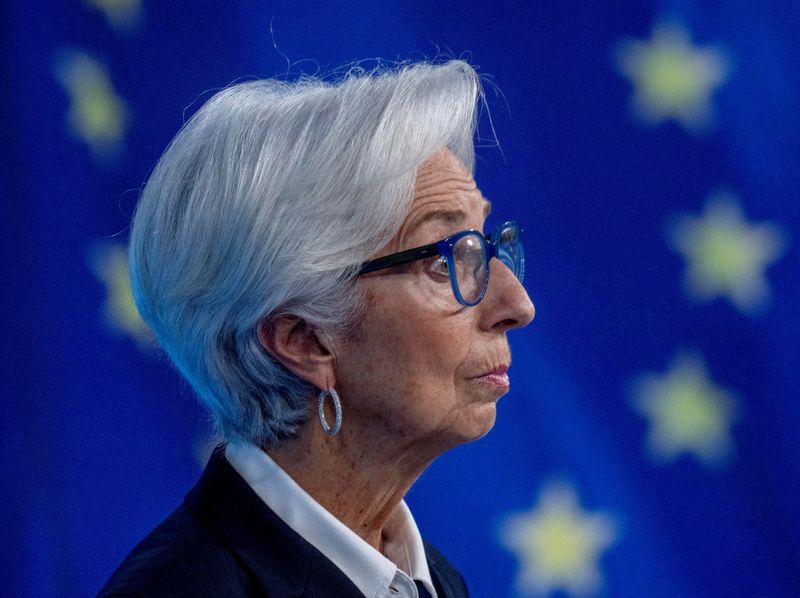Janux stock plunges after hours following mCRPC trial data
Investing.com - U.S. President Donald Trump’s planned tariffs will be "negative" across the world, according to European Central Bank President Christine Lagarde.
Speaking to an Irish radio station on Wednesday, Lagarde added that "the density and the durability" of the impact of the levies "will vary depending on the scope, on the products targeted, on how long it lasts, on whether or not there are negotiations."
"[Q]uite often those escalations of tariffs, because they prove harmful, even for those who inflict it, lead to negotiation tables where people actually sit down and discuss and eventually remove some of those barriers," Lagarde said.
Trump is due to reveal a fresh batch of tariffs at a White House Rose Garden event at 16:00 ET (20:00 GMT) on Wednesday, which some believe could upend the longstanding rules-based international trade order and escalate global trade tensions.
A White House spokesperson has said the duties would come into effect immediately after Trump unveils them, followed by new 25% tariffs on cars -- which were announced last week -- on April 3. The levies would stack on top of previous trade taxes placed on steel and aluminum and on Chinese goods.
Many of the details of the pronouncements remain largely unknown, with Trump administration officials working to finalize the tariff plans, Reuters has reported.
A separate report from the Washington Post said Trump was considering imposing duties on roughly 20% of imports coming into the country, while CNBC reported that Treasury Secretary Scott Bessent told lawmakers that the president will impose the highest possible reciprocal tariffs on major trading partners.
Trump has made tariffs a centerpiece of his second term in office, arguing that these moves are necessary to correct trade imbalances, lift government revenues, and reshore lost manufacturing jobs. Trump has previously backed so-called "reciprocal" tariffs that would match foreign charges and non-trade barriers on U.S. exports.
However, many economists have warned the actions could push inflation higher and weigh on growth, potentially sending the U.S. economy into a recession.
Despite ongoing hopes that the duties will be used as a negotiating ploy by the White House, the European Union, Canada and Mexico -- traditionally close trading partners with the U.S. -- have all pledged to respond to the tariffs with retaliatory countermeasures.
The EU, a frequent target of Trump’s trade-related ire, has previously said it "will continue to seek negotiated solutions, while safeguaridng its economic interests." On Tuesday, Canadian Prime Minister Mark Carney’s office said that Carney and Mexican President Claudia Sheinbaum had spoken about Ottawa’s plan to "fight unjustified trade actions" by the U.S.
Businesses have also flagged worries over the lingering uncertainty around the policy changes, noting that the murky outlook may affect spending and hiring plans.
"Predictability is in very short supply at the moment," Lagarde said.
(Reuters contributed reporting.)
